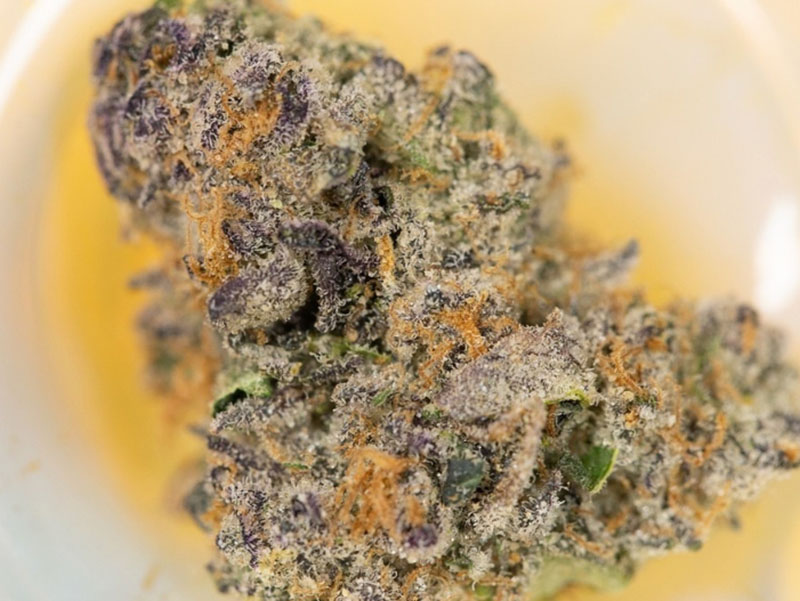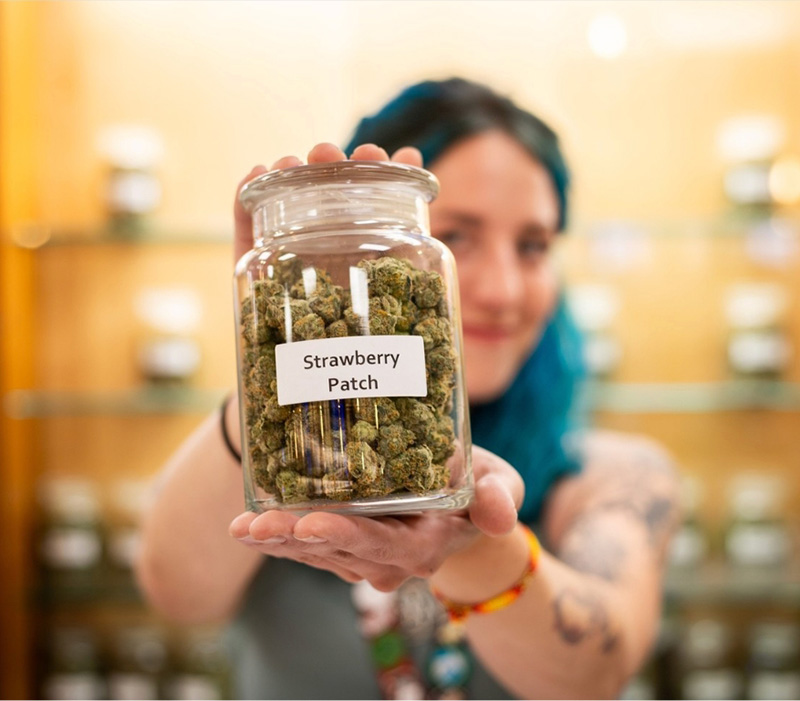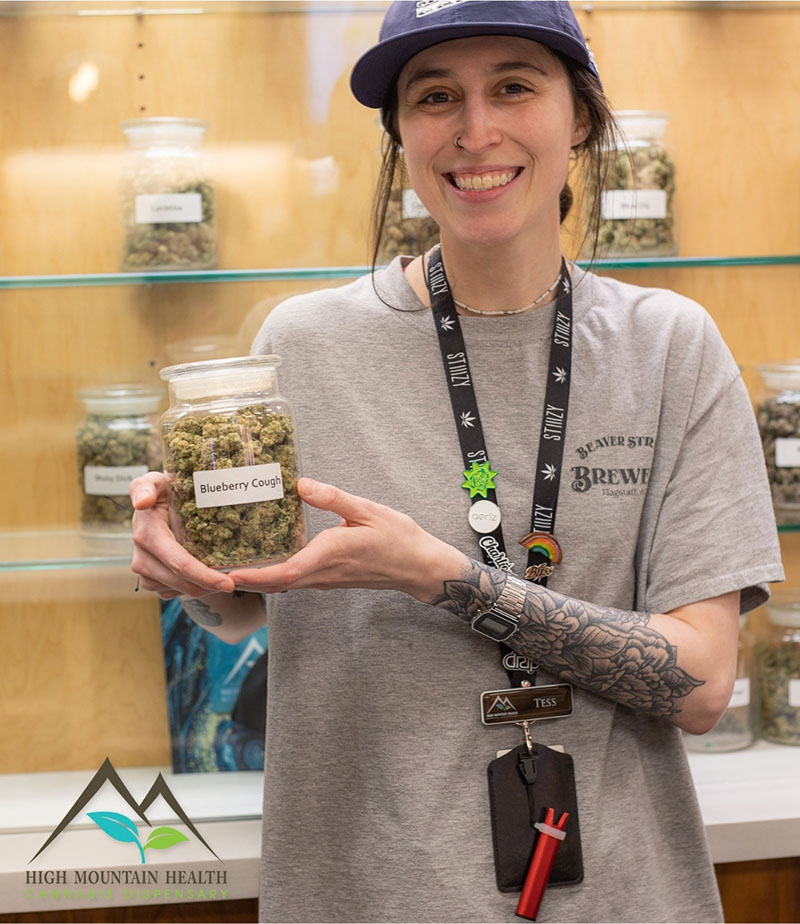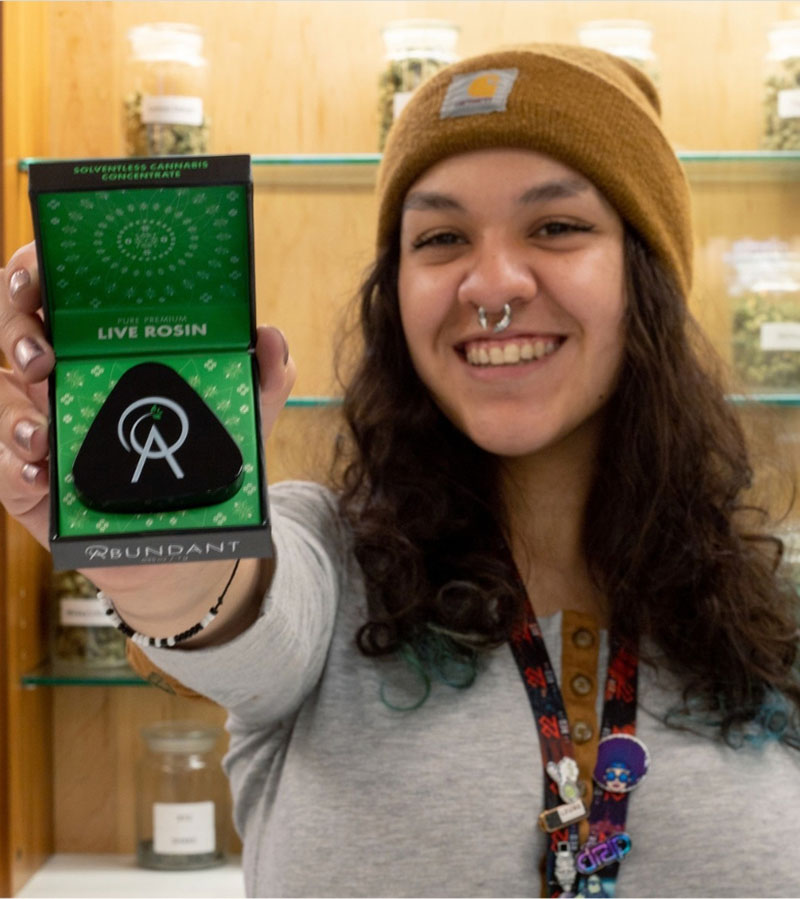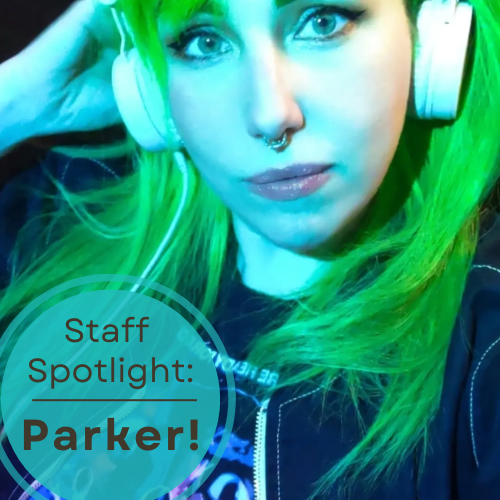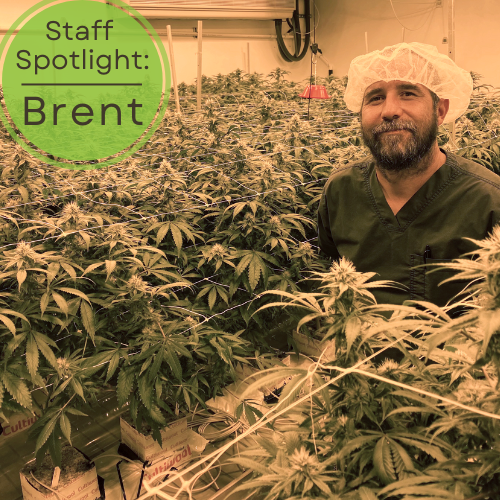CBD for Stress & Anxiety
By Shannon Nardini
Stress and anxiety are no strangers to us, especially in uncertain times and surviving the unexpected events of life. Racing thoughts and anxious physical reactions have all taken a hold of us in some form, whether it be worry and unease, feeling caught off-guard, or an impending doom. Chronic stress drills your brain to feel anxious in order to anticipate and prepare you to avoid more stress in the future. Luckily in the past few years, Cannabidiol, or CBD, has come to the rescue when trying to combat these tensions and concerns by teaming up with serotonin, balancing our endocannabinoid system, and encouraging neural regeneration (S1).
Science says, genetics can massively impact how we respond to anxiety and stress. "Not only do genes code for hormones, but hormones regulate genes. In particular, steroid hormones (such as cortisol, estradiol, progesterone, and testosterone) bind to intracellular receptors that act as genetic transcription factors that directly regulate gene expression." (S2) Another piece of the puzzle includes environmental and lifestyle toxins that affect our neurochemistry. Exercise, a healthy diet, adequate sleep, meditation, and breathing exercises may help alleviate symptoms of stress. (S3) The Anxiety and Depression Association of America (ADAA) says 6.8 million Americans suffer from General Anxiety Disorder (GAD) while 16.1 million adults struggle with Major Depressive Disorder (MDD). (S4)
Chronic stress and anxiety can damage your body over time. Small bursts of stress hormones tell your body to prepare for a "fight or flight" situation, and our bodies are no longer designed for constant states of panic. This acute stress response may have been helpful before today's world, where we are required to walk into stressful situations every day while presenting the best version of ourselves. "Yet excessive or persistent fear may be maladaptive, leading to disability. Symptoms arising from excessive fear and anxiety occur in a number of neuropsychiatric disorders, including generalized anxiety disorder (GAD), panic disorder (PD), post-traumatic stress disorder (PTSD), social anxiety disorder (SAD), and obsessive–compulsive disorder (OCD). Notably, PTSD and OCD are no longer classified as anxiety disorders in the recent revision of the Diagnostic and Statistical Manual of Mental Disorders-5; however, excessive anxiety is central to the symptomatology of both disorders. These anxiety-related disorders are associated with a diminished sense of well-being, elevated rates of unemployment and relationship breakdown, and elevated suicide risk [1–3]. Together, they have a lifetime prevalence in the USA of 29 % [4], the highest of any mental disorder, and constitute an immense social and economic burden [5, 6]." (S5)
Chronically high levels of Cortisol (the stress hormone) not only mess with your brain chemistry and rewires it to focus, feel less, and get ready, but it wreaks havoc in your body which could lead to a number ailments including depression, heart disease, digestive problems, fatigue, weight gain, headaches, muscular tension, a weakened immune system, and imbalanced endocannabinoid system. Scientists are still discovering the layers of changes stress can do to your brain structure and chemistry such as certain regions of the brain becoming hyperactive, while others atrophy and even shrink, and the levels of neurotransmitters change. (S1) The American Psychological Association (ADA) has created a highly informative and interactive help center on how stress effects the body within 8 of our 11 organ systems. (S6)
CBD interacts with more than 65 different targets throughout the body and current studies suggest that CBD quells anxiety by stimulating neurotransmitter systems, regulating our endocannabinoid systems, and by invigorating neural regeneration. Cannabidiol binds to serotonin receptors which are mostly associated with happiness; however, this neurotransmitter is extraordinarily complex, and its effects depend on where it is and what it binds to. (S1) Serotonin dysfunctions and receptor malfunctions can stem from both high and low levels of serotonin. Perhaps one of the reasons this neurotransmitter is so intricate is because it has at least 14 different receptors. CBD binds specifically to receptor 5-HT1A which is thought to have the strongest role in anxiety disorders. (S2) In binding to these receptors, CBD calms anxiety. Endocannabinoids are cannabinoids naturally produced by our bodies and used throughout the endocannabinoid system in our body and brain, and this system becomes dis-regulated by chronic stress. CBD could help restore balance to the system by preventing over stimulation to the CB1 receptors and by boosting your body's production of endocannabinoids. Rodent experiments show that Cannabidiol relieves Obsessive Compulsive Disorder (OCD) and other anxious behaviors by acting on the endocannabinoid system, which involves processing and forgetting our fears. (S1) CBD encourages neural regeneration particularly in the hippocampus, which is involved in the formation of new memories and is also associated with learning and emotions. (S7) CBD could possibly undo the damage done by stress by its ability to reduce anxiety and its power to stimulate the growth of new neurons.
To put things more simply, when you're feeling the weight of the world, like you can't do enough with the time you have, or if you just want things to go back to "normal", try implementing CBD into your daily routine. If your journey includes good intentions and an approach to a healthy lifestyle, CBD could potentially help you combat the everyday stressors we put ourselves through to make life worthwhile.
Sources
- https://www.foriawellness.com/blogs/learn/how-cbd-oil-vape-helps-stress-anxiety
- https://www.ncbi.nlm.nih.gov/pmc/articles/PMC4445642
- https://observer.com/2020/01/best-cbd-oil-anxiety-depression-stress/
- https://adaa.org/understanding-anxiety/generalized-anxiety-disorder-gad
- https://www.ncbi.nlm.nih.gov/pmc/articles/PMC4604171/
- https://www.apa.org/helpcenter/stress
- https://www.verywellmind.com/what-is-the-hippocampus-2795231


